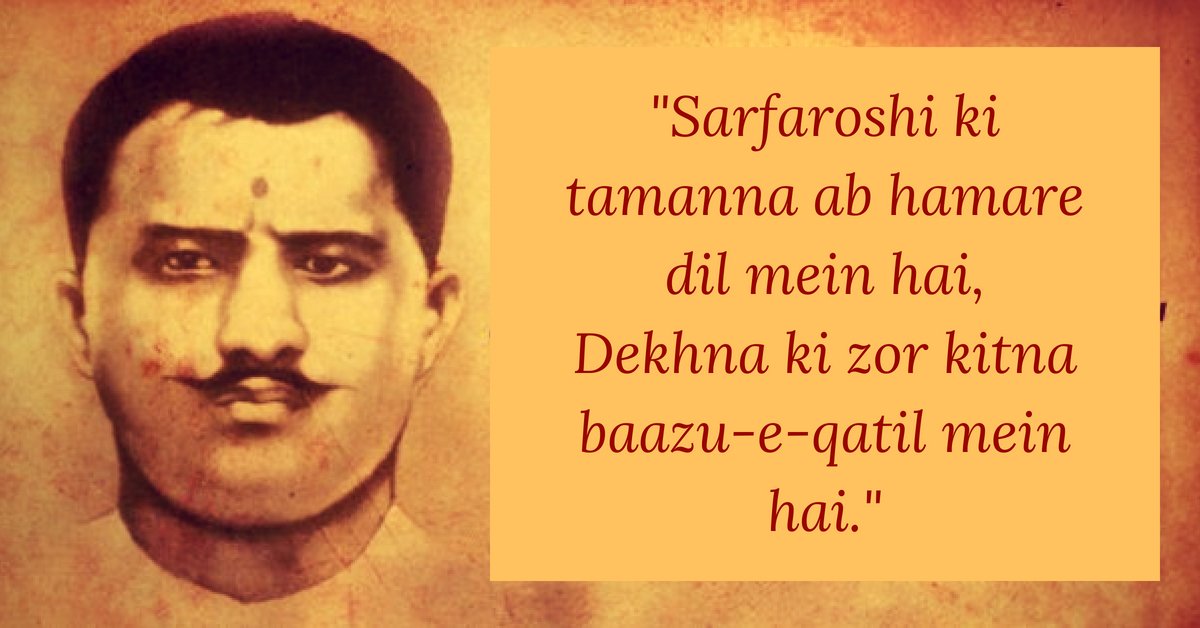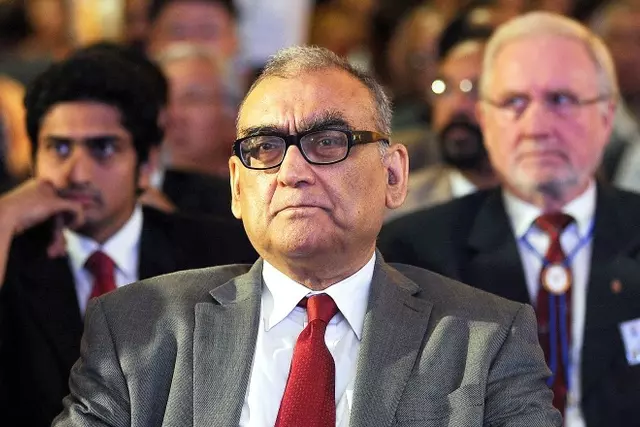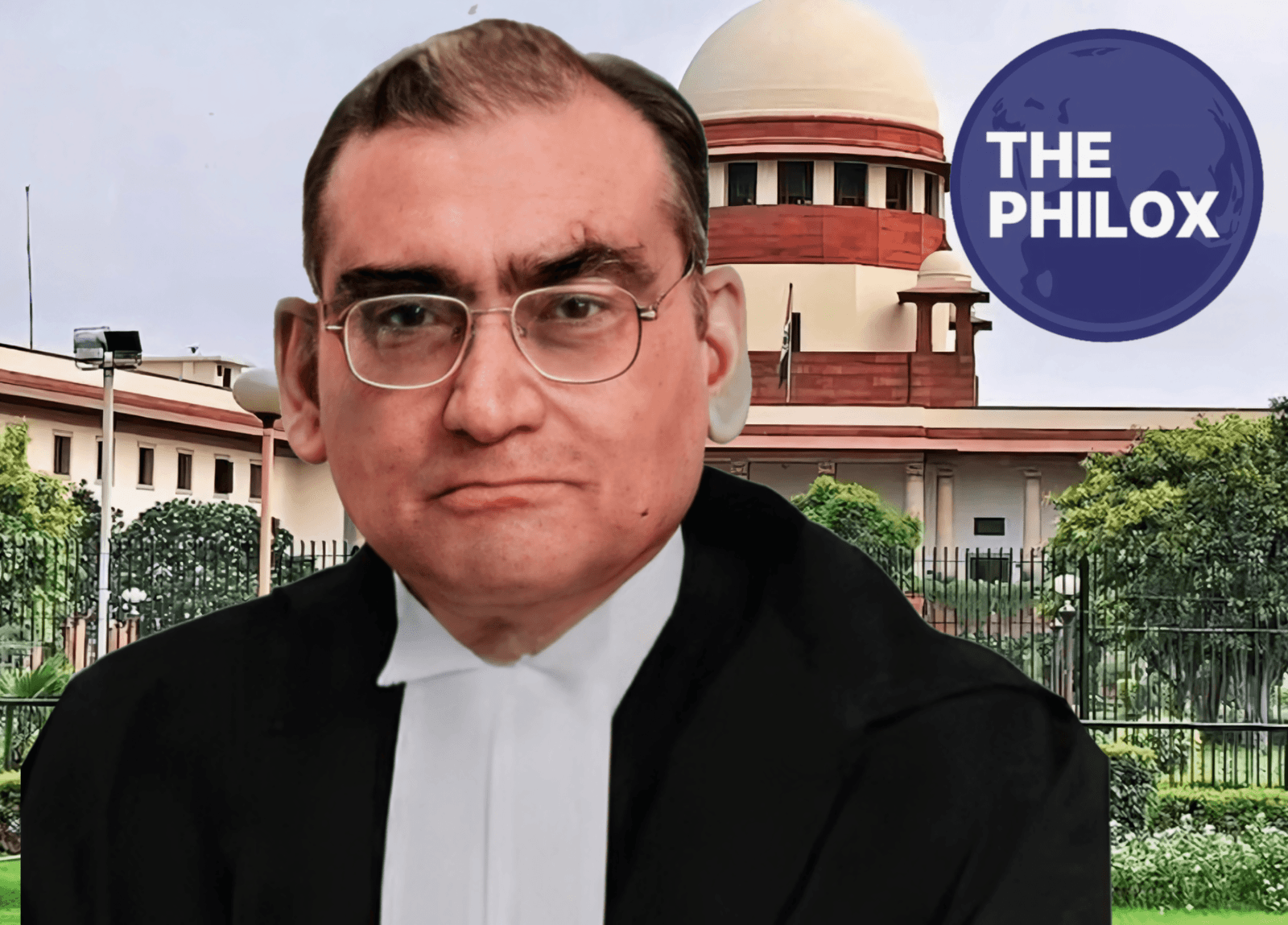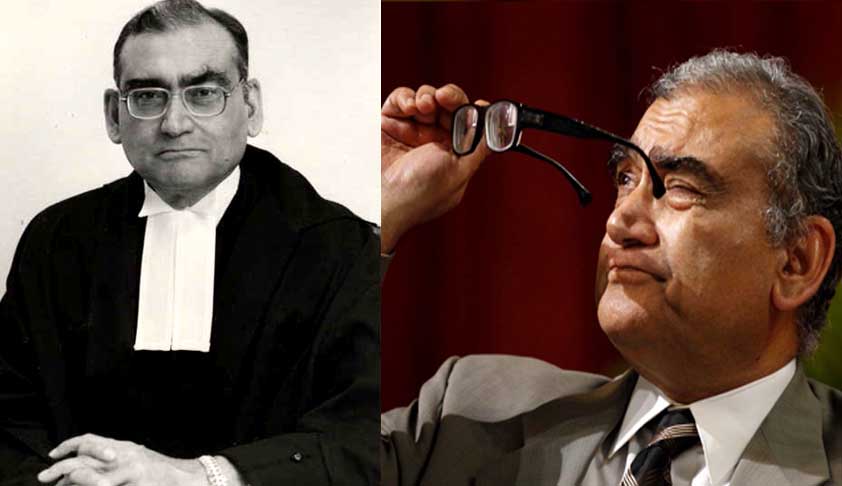Everyone has heard of Bismil’s famous song ‘Sarfaroshi ki tamanna ab hamaare dil mein hai’, sung often by our freedom fighters before 1947, and later sung beautifully by Lata Mangeshkar
Should it be the song of the coming great historical Indian Revolution, which Revolution alone can abolish the great socio-economic evils prevalent in India today ( massive poverty, massive unemployment, appalling level of child malnutrition, skyrocketing prices of food and other essential commodities, almost total lack of proper healthcare and good education for the masses, etc), and give our people decent lives ?
At first blush it seems that the song is eminently suitable for the mighty people’s struggle ahead in which tens of millions of people will have to sacrifice their lives, and patriots must be made fearless and willing to readily give up their lives.
However, on deeper reflection it will be realized that the song is misguiding and unsuitable.
While our patriots must be indoctrinated into being fearless and performing heroic deeds, at the same time their lives must be preserved as far as possible, not wasted in unnecessary adventures. At the initial stage of the people’s struggle, patriots will be very few, while their enemies will be many times their number, and having the resources of the state. So the strategy of patriots must be maximum possible preservation of their own forces and the destruction of enemy forceIf we emphasize preservation of the lives of patriots, how then can we justify the encouragement of heroic sacrifice in the people’s struggle? Every mighty historical people’s struggle exacts a price, sometimes an extremely high one. Is this not in contradiction with preserving oneself ? Is it not blowing hot and cold together ?
In fact, there is no contradiction at all. To put it more exactly, sacrifice and self-preservation are both complementary and supplementary to each other. Self preservation is necessary so that the struggle may go on. But sacrifice is essential for destroying the enemy, and also for preserving oneself. Partial and temporary “non-preservation” (sacrifice, or paying the price) is necessary for the sake of general and permanent preservation.
Now coming back to Bismil’s poem, some verses therein are indeed inspiring, e.g.
ऐ शहीदे-मुल्को-मिल्लत मैं तेरे ऊपर निसार
अब तेरी हिम्मत का चर्चा ग़ैर की महफिल में है ।
But there are other verses which goad and egg on patriots to get killed, thus violating the principle of self preservation above mentioned , e.g.
मरने वालो आओ अब गर्दन कटाओ शौक़ से
ये ग़नीमत वक़्त है ख़ंजर कफ़-ए-क़ातिल में है
or
अब न अगले वलवले हैं और न वो अरमाँ की भीड़
सिर्फ़ मिट जाने की इक हसरत दिल-ए-‘बिस्मिल’ में है
The last line above is totally misconceived and misguiding for the mighty people’s struggle, which will be protracted ( lasting 10-15 years or more ). No doubt the patriots must be willing to take risks, and perform heroic deeds, but that is a very different thing from saying that they should have ” Mit jaane ki hasrat ” ( the desire to be killed ).
Our aim must be to preserve patriots, for if they are all dead, how will the people’s struggle go on ? Also, they must survive to continue the great task of national reconstruction after the revolution, though of course not all will




